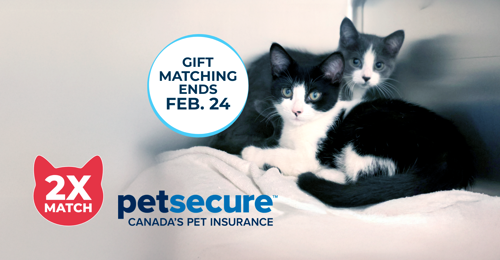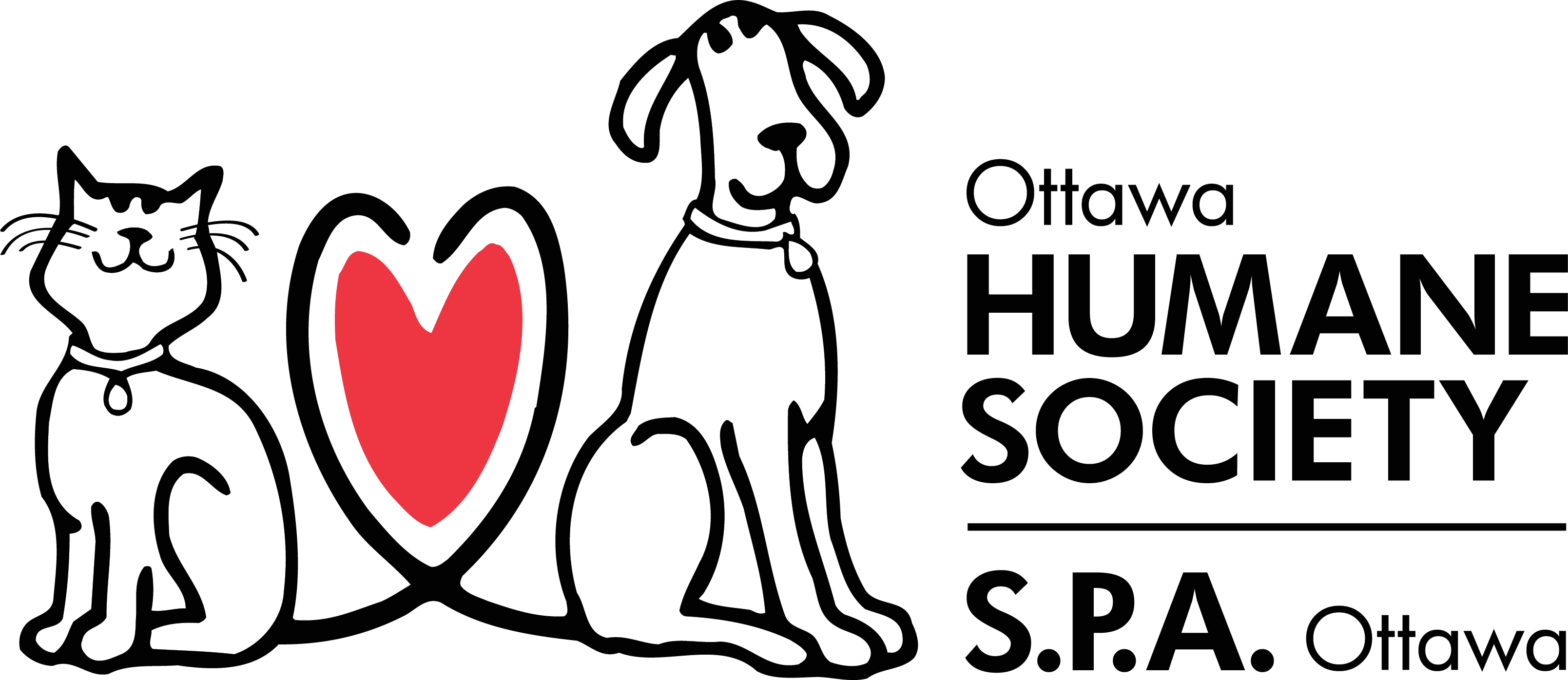Spring Means More Wildlife, Says Humane Society
April 11, 2025 — The Ottawa Humane Society is reminding community members to keep their distance from wildlife spotted in their neighbourhood. As the weather warms, people are more likely to encounter wildlife. Often, it is best to admire wildlife from afar.
As encounters with wildlife may become more common, this can lead to more cases of concerned community members removing wildlife from its habitat and bringing it to the OHS, even if it does not need their help. Juveniles may appear abandoned, but in fact their mother may be nearby.
“Many animals are not in need of help and may actually be worse off with it, especially juveniles,” said Sharon Miko, OHS President & CEO. “Unless it seems sick or in distress, wildlife often should be left alone.”
Each year, the OHS receives approximately 1,400 sick, injured and orphaned wild animals from Ottawa By-law and Regulatory Services officers and members of the public.
Often, rehabilitation is not an option for wild animals who are vulnerable enough to be caught and brought to the OHS, but whenever possible, the OHS works to transfer suitable animals to its partners in wildlife rehabilitation.
Recently, the OHS worked with Rideau Valley Wildlife Sanctuary to transfer a baby raccoon for rehabilitation. The raccoon was found in a fireplace and there was no sign of their mother — a clear case that the raccoon needed help.
To help prevent unwanted encounters with wildlife, the OHS recommends:
Keeping dogs on leashes.
Dogs can seriously injure wild animals. Unless in the safety and control of an off-leash dog park or an enclosed yard, keeping your dog on a leash protects wildlife and keeps your pet from having a bad encounter with a porcupine.
Keeping cats indoors.
Roaming cats can have an impact on local bird populations and small rodent populations, and can also fall prey to predators. Keeping your cat indoors unless supervised on a leash and harness or in the safety of catio will keep your cat safe and protect wild animals.
Securing waste and food sources.
Garbage bins, compost piles, and pet food left outdoors can attract wildlife, leading to potential conflicts. Secure these sources to discourage wildlife from venturing too close to areas frequented by pets. Put out garbage and recycling on the morning of pick-up, not the night before.
Media Contact
Ottawa Humane Society
Stephen Smith, Senior Manager: Marketing & Communications
stephens@ottawahumane.ca
www.ottawahumane.ca

